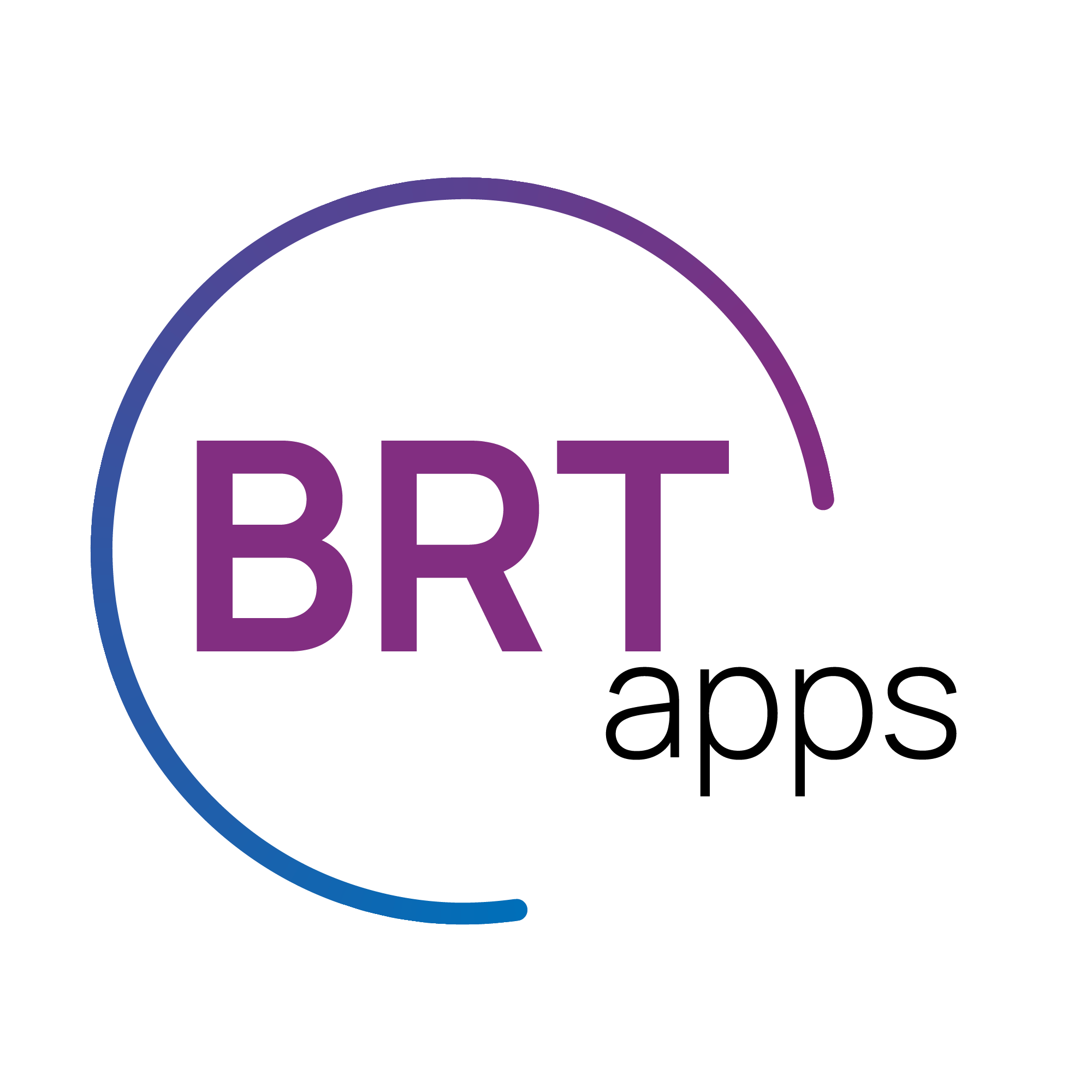About Us
We are a Research and Development Unit at the University of Oregon.

Our Leadership

Gerald Tindal
BRT Director

Julie Alonzo
Research Associate Professor & BRT Co-Director

Aaron Glasgow
Technology Director

Raina Megert
Business Manager
Who We are
Behavioral Research and Teaching, or BRT, is comprised of a small group of researchers conducting research and development in student learning and academic assessment. We are located on the University of Oregon campus and our shop is funded from federal grants and state contracts. We include faculty, staff, and students committed to the development of effective educational programs for all students.

Our Goal
Effective leadership and decision-making are instrumental to the success of school improvement projects. BRT works to improve teacher decision-making in three particular areas. From a norm-referenced view, we help teachers understand how students fit in groups. From a criterion-referenced view, we assist teachers in connecting learning with specific skills. And with an individual-referenced perspective, we provide teachers with analytic skills for monitoring student progress over time. These three perspectives are incorporated into a complementary model for decision-making that provides dynamic feedback to educators in a ‘just in time’ model supported within a learning community.
BRT works with state departments to extend statewide tests and ensure proper training for administration. We consider the use of accommodations in the standard test, the reduction of complexity for students taking alternate assessments judged against modified achievement standards (2%), and the reduction of breadth and depth for students taking the alternate assessment judged against alternate achievement standards (1%).
While many educators are highly focused on state tests, it is important to consider that over the course of a year, teachers can build in many opportunities to assess how students are learning and then use this information to make beneficial changes in instruction. These curriculum-based measures can lead to both diagnostic insights for identifying student needs as well as provide feedback loops for teachers to determine the effects of making instructional changes. An experimental model of instructional evaluation is the basis for decision-making.
Help Desk
easyCBM
https://help.easycbm.com
CBMSkills
https://cbmskills.helpscoutdocs.com
WriteRightNow
https://wrn.helpscoutdocs.com/
